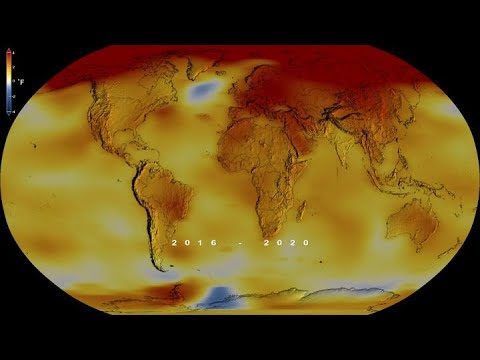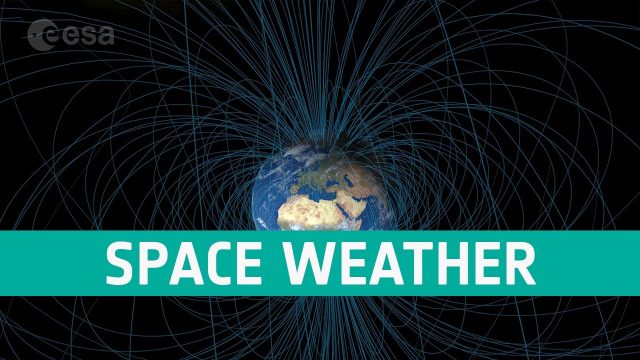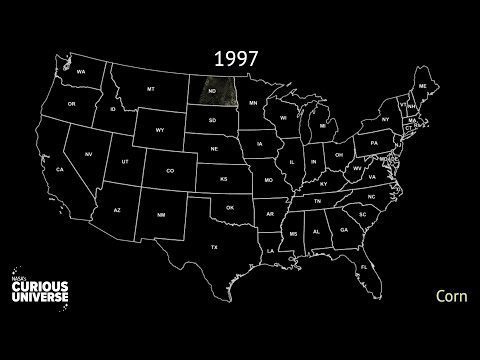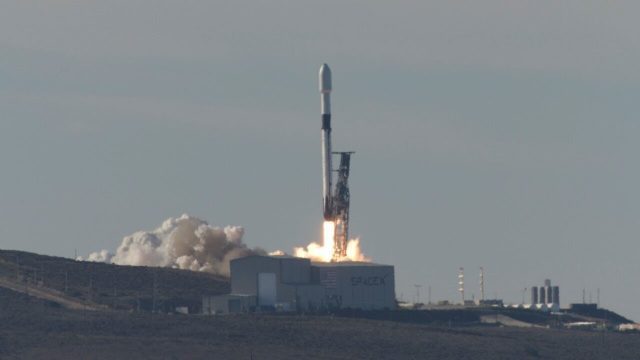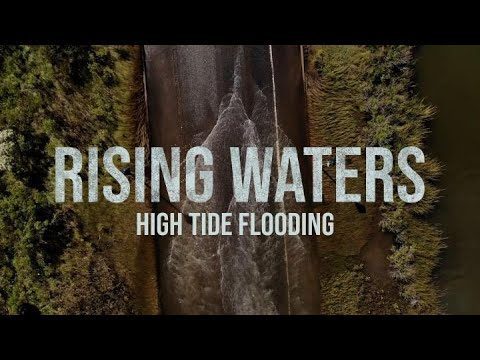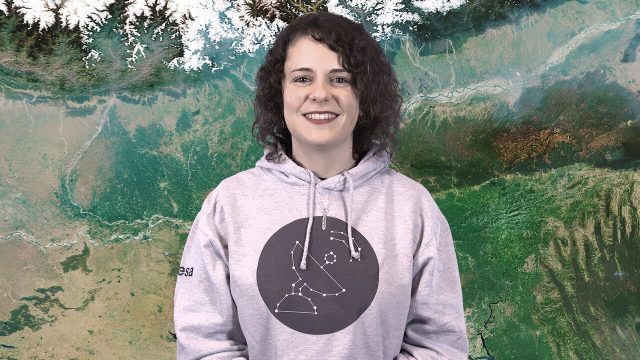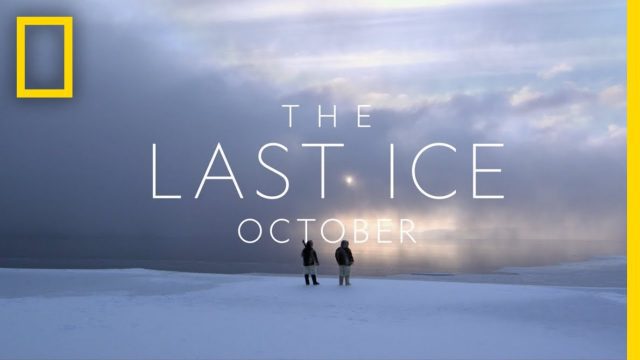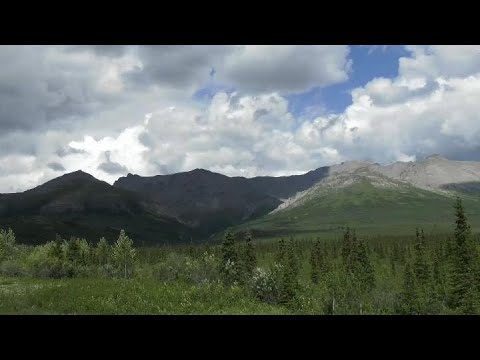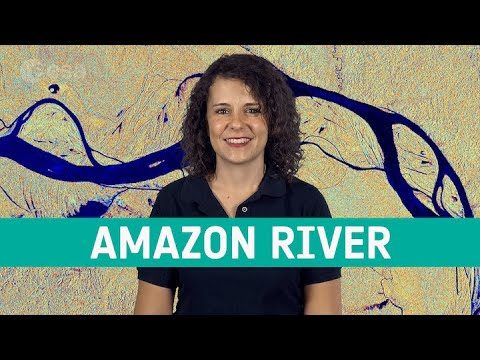Category: Found on the Internet
NASA Finds 2020 Tied for Hottest Year on Record
0 Views0 Comments0 Likes
Globally, 2020 was the hottest year on record, effectively tying 2016, the previous record.
Space Weather Could Be Worse in the North
0 Views0 Comments0 Likes
Instead of a symmetrical distribution of energy between the northern and southern hemispheres through the year, scientists have used data from ESA’s Swarm mission, to discover that electromagnetic energy is preferentially channelled to the northern hemisphere.
Landsat’s View of Crops from Space, in Music
0 Views0 Comments0 Likes
In this video, you can hear Landsat's view of crops from space in the form of a song, called a data sonification.
Copernicus Sentinel-6 Michael Freilich Liftoff Replay
0 Views0 Comments0 Likes
Watch the replay of Copernicus Sentinel-6 Michael Freilich lifting off from the Vandenberg Air Force Base, Calif., on Nov. 21, 2020. Copernicus Sentinel-6 Michael Freilich is the first of two identical satellites to provide critical measurements of sea-level change.
High Tide Flooding
0 Views0 Comments0 Likes
Sea level rise is often spoken of in future terms, including projections for impacts we’re likely to see by the end of the century. But in many communities in the U.S., sea level rise is already a factor in people’s lives in the form of high-tide flooding.
Earth from Space: Ganges Delta
0 Views0 Comments0 Likes
This week's edition of the Earth from Space program explores the Ganges Delta, the world’s largest river delta, with Copernicus Sentinel-3.
The Last Ice Trailer
0 Views0 Comments0 Likes
THE LAST ICE tells the story of the Inuit communities fighting to protect the disappearing Arctic that has been their home for centuries. From National Geographic Pristine Seas, THE LAST ICE premieres on National Geographic Channel this October.
Arctic Greening Driven By Warmer Temperatures
0 Views0 Comments0 Likes
Using Landsat satellite data to track global tundra ecosystems over decades, a new study found the region has become greener, as warmer air and soil temperatures lead to increased plant growth.
Earth from Space: Amazon River
0 Views0 Comments0 Likes
The Copernicus Sentinel-1 mission takes us over the Amazon River meandering through one of the most vital ecosystems in the world: the Amazon rainforest in South America, in this week's edition of the Earth from Space program.
Tracking Three Decades of Dramatic Glacial Lake Growth
0 Views0 Comments0 Likes
In the largest-ever study of glacial lakes, researchers using a 30-year satellite data record have found that the volume of these lakes worldwide has increased by about 50% since 1990 as glaciers melt and retreat due to climate change.













